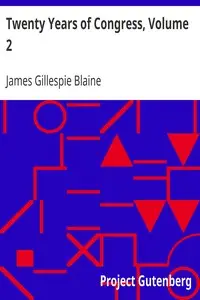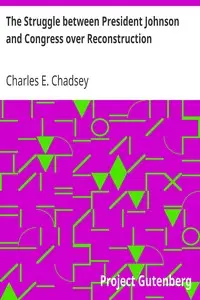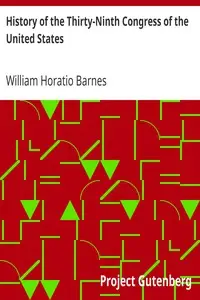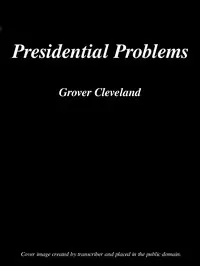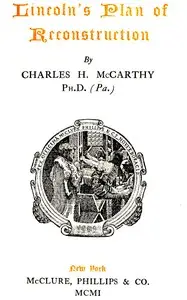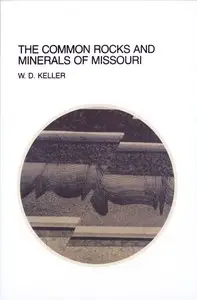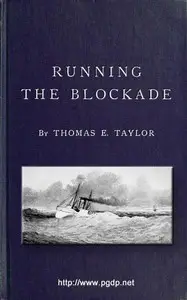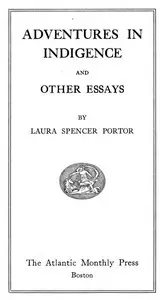"History of the Impeachment of Andrew Johnson, President of the United States…" by Edmund G. Ross is a deep look into the impeachment of President Andrew Johnson in 1868. Written after the Civil War, it tells the story of a nation struggling to rebuild itself. It shows the big disagreements between President Johnson and Congress during Reconstruction, especially on how to deal with the defeated Southern states and the newly freed slaves. With the country in turmoil, strong differences in opinion made this a tough time for America. It helps you understand the importance of the political issues surrounding the impeachment and teaches about the rules and powers in the American government during this period.
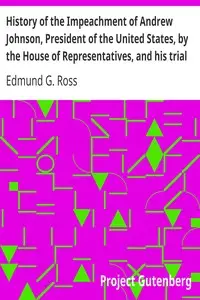
History of the Impeachment of Andrew Johnson, President of the United States, by the House of Representatives, and his trial by the Senate for high crimes and misdemeanors in office, 1868
By Edmund G. (Edmund Gibson) Ross
After the Civil War, a president faces trial as a broken nation questions how to rebuild and who should lead.
Summary
About the AuthorEdmund Gibson Ross was an American politician who represented Kansas after the American Civil War and was later governor of the New Mexico Territory. His vote against convicting President Andrew Johnson of "high crimes and misdemeanors" allowed Johnson to stay in office by the margin of one vote. As the seventh of seven Republican U.S. Senators to break with his party, he proved to be the person whose decision would result in conviction or acquittal. When he chose the latter, the vote of 35–19 in favor of Johnson's conviction failed to reach the required two-thirds vote. Ross lost his bid for re-election two years later.
Edmund Gibson Ross was an American politician who represented Kansas after the American Civil War and was later governor of the New Mexico Territory. His vote against convicting President Andrew Johnson of "high crimes and misdemeanors" allowed Johnson to stay in office by the margin of one vote. As the seventh of seven Republican U.S. Senators to break with his party, he proved to be the person whose decision would result in conviction or acquittal. When he chose the latter, the vote of 35–19 in favor of Johnson's conviction failed to reach the required two-thirds vote. Ross lost his bid for re-election two years later.

